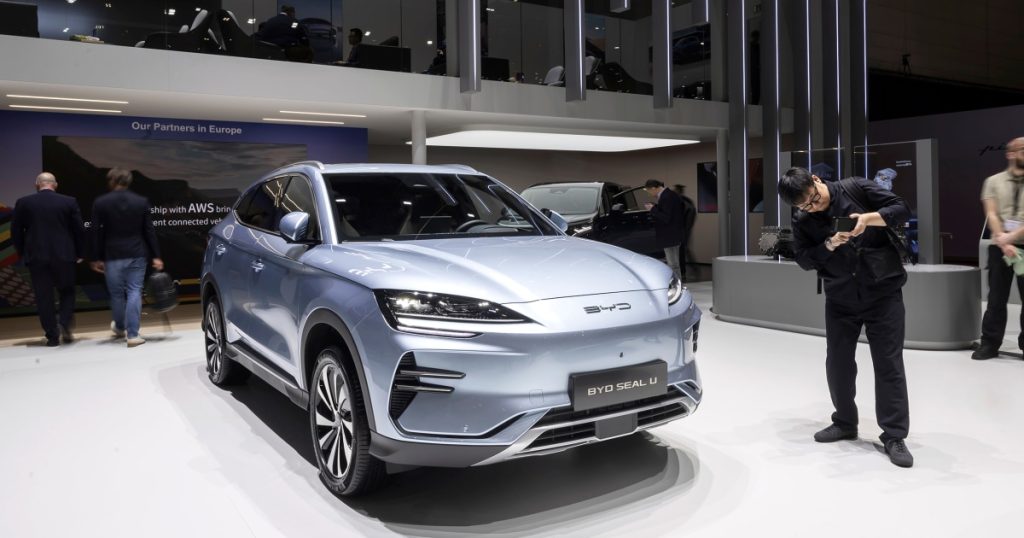China has filed a World Trade Organization complaint against the United States over what it claims are discriminatory requirements for electric vehicle subsidies. The complaint was prompted by a new U.S. rule that took effect on January 1, under which electric car buyers are not eligible for tax credits if critical minerals or other battery components were made by Chinese, Russian, North Korean, or Iranian companies. These tax credits are part of President Joe Biden’s climate legislation, named the 2022 Inflation Reduction Act. The Chinese Commerce Ministry believes that the U.S. has formulated discriminatory subsidy policies for new energy vehicles in the name of responding to climate change, which excludes Chinese products, distorts fair competition, and disrupts the global supply chain for new energy vehicles.
If the United States were to lose the WTO case and appeal the ruling, the case would most likely go unresolved due to the WTO’s Appellate Body not functioning since late 2019. China, as a dominant player in the battery industry for electric vehicles, has a rapidly expanding auto industry that could challenge the world’s established carmakers as it goes global. Chinese companies have become leaders in battery technology and are focused on electric vehicles. The European Union has also expressed concern over the potential threat to its auto industry and launched its own investigation into Chinese subsidies for electric vehicles last year. Under the new U.S. rule, only 13 of the over 50 electric vehicle models on sale in the U.S. are eligible for tax credits, down from about two dozen models in 2023. Automakers are now working to find parts that would make their models eligible for these tax credits.
The impact of the WTO case remains uncertain, as it will need to go through the dispute settlement process to seek relief from the discriminatory trade practices of the U.S. The U.S. blocking the appointment of new judges to the WTO’s Appellate Body has hindered the resolution of such cases since late 2019. China’s complaint against the U.S. is likely to shed light on the issue of fair competition in the electric vehicle industry, given China’s strong presence in battery technology and electric vehicles. The U.S. rule that sparked the WTO complaint aims to address concerns about the source of critical minerals and battery components in electric vehicles, but has faced criticism for its discriminatory nature.
The escalating trade tensions between China and the U.S. over electric vehicle subsidies highlight the growing competition in the global electric vehicle market. China’s expanding auto industry poses a potential challenge to established carmakers worldwide, as Chinese companies focus on electric vehicles and battery technology. The EU’s investigation into Chinese subsidies for electric vehicles also underscores the concern over disruptions to fair competition in the industry. As automakers navigate the new U.S. rule that impacts eligibility for tax credits, they are faced with sourcing parts to make their models eligible, with only a limited number of electric vehicle models qualifying for the credits.
The WTO complaint filed by China against the U.S. reflects ongoing trade disputes in the electric vehicle industry, with both countries advocating for their position on fair competition and subsidies. China’s leadership in battery technology and electric vehicles has positioned the country as a key player in the industry, prompting concerns from other regions such as the EU. The global shift towards electric vehicles has intensified competition among automakers, with the U.S. implementing new rules to address concerns over the source of critical minerals and battery components. As the WTO case progresses, the resolution of the dispute will have implications for the future of electric vehicle subsidies and fair competition in the industry.


